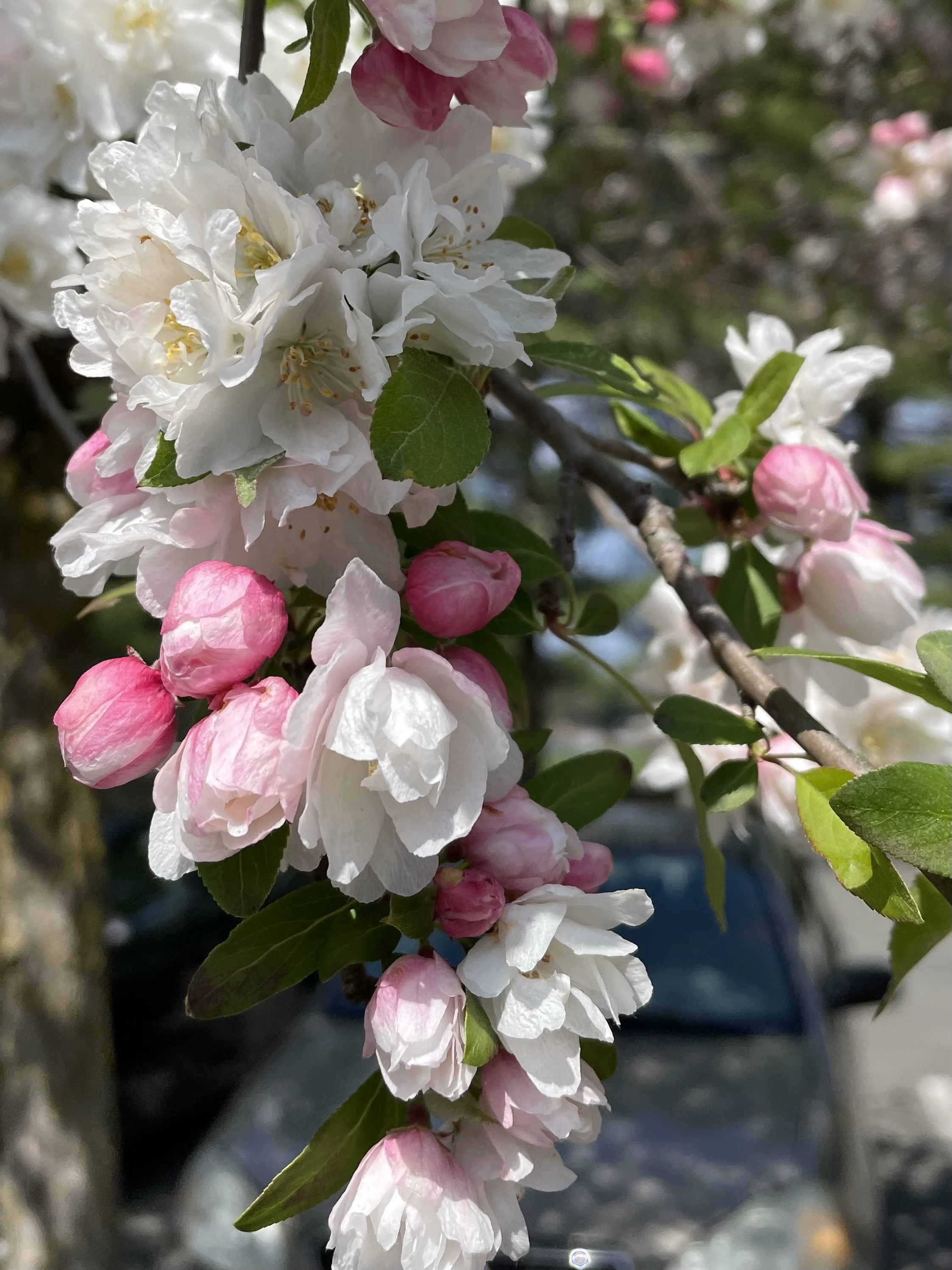Where do our words come from?
Dear Friends,
Spring has come to the Berkshires. We are releasing the lojong slogans but never, I hope, Pema's light touch and her insistence that we can "lean into the sharp points" of life to experience a kind of underlying tenderness. That tenderness, in turn, has us participate in a living and responsive world.
We are turning and returning to the spiritually incisive, earth-friendly poetry of Rainer Maria Rilke (1875-1926). I'll try to find helpful versions for us (I particularly admire the work of Joanna Macy and Anita Barrows), and also translate parts myself and with the help of friends. Our goal in group is not literary criticism, nor is it about the beauty of the translations. Instead, our goal is to find in the poems certain meditative runways for themes we are already investigating.
In particular, we are looking at the world as populated, alive, and relational. Rilke orients to the inner life of plants, animals, landscapes, angels, humans, and other beings. The earth as a whole is addressable for him, and is even a dear friend of his. And he is open to qualities and categories that are wholly new.
Today we'll start with the poem "Schweigen," with which we have worked before.
It can serve as a link to Pema because it is about being silent and releasing fixed characteristics. Here it is in English, in which I have changed the "he" to "we" to be more inclusive (see the original down below):
To be silent: when we're more inwardly silent
we touch on the roots of speech.
One day, every matured syllable
will be victory for us --
over what, in the silence, isn’t silent,
over the mocking evil.
The Word was shown us for this:
to dissolve ourselves tracelessly.
Rilke wrote about the Christ very little, having suffered under a fanatical and religious upbringing. This poem includes a rare reference to the Word, and a far-reaching one, linking the Word to silence and freedom from forms. For Rilke, the words we do form, in the best case, can mature, or grow, or ripen through us, in unbroken continuity with an infinite earth.
wishing you joy in all you do,
Michael
Schweigen. Wer inniger schwieg,
rührt an die Wurzeln der Rede.
Einmal wird ihm dann jede
erwachsene Silbe zum Sieg
über das, was im Schweigen nicht schweigt,
über das höhnische Boese;
dass er sich spurlos löse,
ward ihm das Wort gezeigt.





